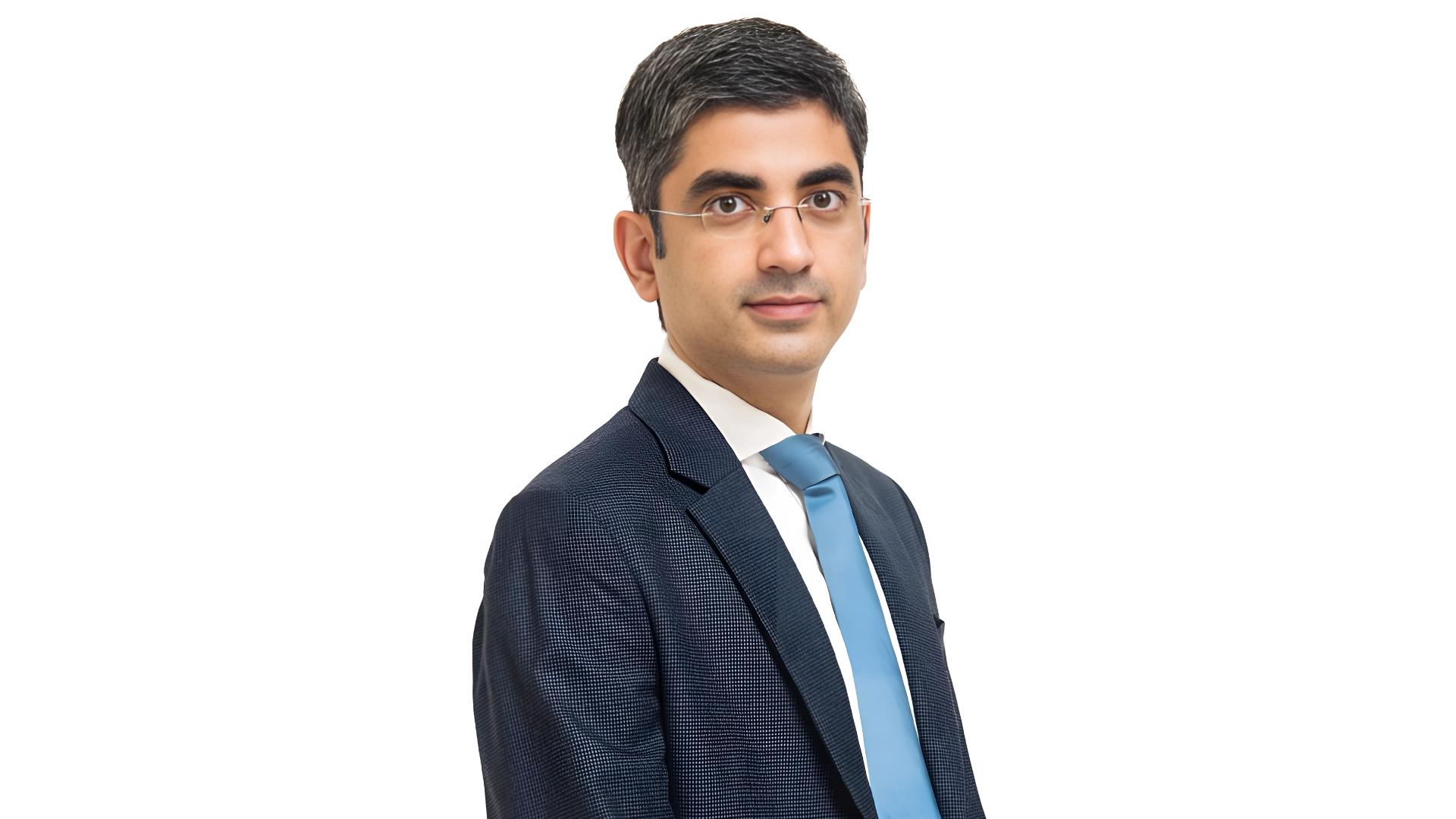Who We Are
Who We Are
ArthAlpha stands at the intersection of technology and finance, dedicated to serve our clients through quantitative insights and rigorous research.
Rooted in our values of transparency, Innovation, and investor-centricity, we craft data-driven solutions that prioritize long-term growth and stability.
At ArthAlpha, we are committed to help clients achieve superior returns on a consistent basis.

What Sets Us Apart

Talent
Expertise in quantitative research delivering cutting-edge investment solutions.
Data Expertise
Leveraging the depth and breadth of traditional and alternative datasets effectively.
Ethical Stewardship
Prioritizing integrity and sustainability in every financial strategy we create.
Technology
Leveraging advanced AI-driven tools for smarter, seamless portfolio management.

Behavioral Finance
Integrating behavioral insights seamlessly into our robust MEQ model.
Transparency
Clear, data-backed insights fostering trust and empowering informed decisions.
Seamless Support
Simplified, seamless access for clients to address any concerns instantly.
Meet Our Team
Investors & Advisors



Media Insights
“With the support of our investors, we are accelerating the development of AI-driven investment research platforms that will empower us to deliver insights and strategies that are not only smarter but also more personalized. As we scale our offerings and broaden our reach, we are excited to lead the charge in transforming investment management for the future”
“The fintech sector eagerly looks to the Union Budget for policies that drive innovation, financial inclusion, and digital transformation. Key priorities include tax parity between capital gains on listed and unlisted securities to boost startup investments and revised taxation structures to ease operations for startups and fintech firms. Reducing personal income tax for individuals earning up to ₹50 lakh can increase disposable income, spurring consumption and investment. Rationalizing GST rates and easing compliance burdens for businesses, especially MSMEs, will streamline operations and fuel growth. Enhanced funding for financial literacy programs and rural digital infrastructure will extend the reach of digital finance. Simultaneously, ramping up infrastructure spending is essential to improve connectivity, logistics, and the overall ease of setting up and scaling businesses in the country’s growing digital economy. Expanding regulatory sandboxes for blockchain and AI-driven platforms will foster innovation while safeguarding consumers. Simplified norms for digital payments and incentives to extend UPI’s global reach can position India as a fintech powerhouse. Additionally, a robust focus on data privacy and improving credit access for MSMEs will further accelerate growth. A progressive, fintech-focused budget, backed by increased infrastructure investments, has the potential to transform India’s digital economy into a resilient, future-ready ecosystem,” says Rohit Beri, CEO and CIO, ArthAlpha.”
“As the fintech sector eagerly awaits the Union Budget, we anticipate forward-thinking policies that drive innovation, financial inclusion, and digital transformation. Key expectations include revised taxation structures for startups and fintech firms, promoting ease of doing business through tax parity between capital gains for listed and unlisted securities, which will spur investment in the startup ecosystem. Enhanced budgetary allocations for financial literacy programs and digital infrastructure in rural and semi-urban areas will further expand the reach of digital finance. The introduction of a regulatory sandbox expansion for emerging technologies like blockchain and AI-driven lending platforms would foster innovation while ensuring consumer protection. Additionally, streamlined compliance norms for digital payments and incentives for expanding UPI penetration to international markets can position India as a global fintech leader. A holistic approach to data privacy regulations and credit access for MSMEs would further bolster growth. A dynamic, fintech-centric budget can strengthen India’s digital economy, making it more resilient and future-ready.”
“The 2025-26 Budget brings much-needed clarity and efficiency to the taxation of mutual funds, ensuring a balanced and investor-friendly framework. With rationalized capital gains taxation across equity and debt funds, higher tax-free thresholds, and revised TDS/TCS provisions, these reforms significantly reduce compliance burdens for both investors and asset management companies. By incentivizing long-term investment through favorable tax treatment and aligning mutual fund taxation with global best practices, the government is fostering deeper retail participation, enhancing liquidity in capital markets, and ensuring a stable flow of capital into the economy. These changes will not only strengthen investor confidence but also position mutual funds as a key vehicle for wealth creation and financial inclusion in India's growth story.”
“Trump’s administration previously promoted pro-India policies that strengthened trade and investment ties, and this established rapport could foster more favourable trade terms, boost bilateral investments, and potentially stabilize foreign inflows into India. Such an alignment would benefit both markets, as stronger economic cooperation could attract investment, drive trade, and support broader financial stability.”
“Planning for your child's education abroad involves careful budgeting and investment strategies. With rising costs due to inflation and currency fluctuations, experts recommend starting early”






.png)
.png)
.png)

